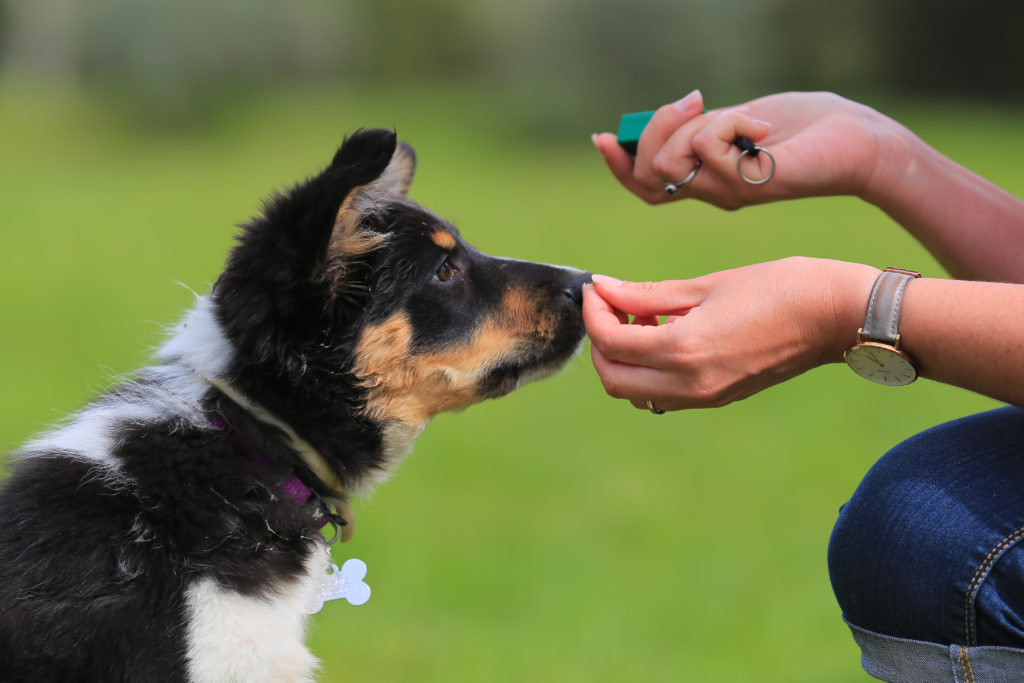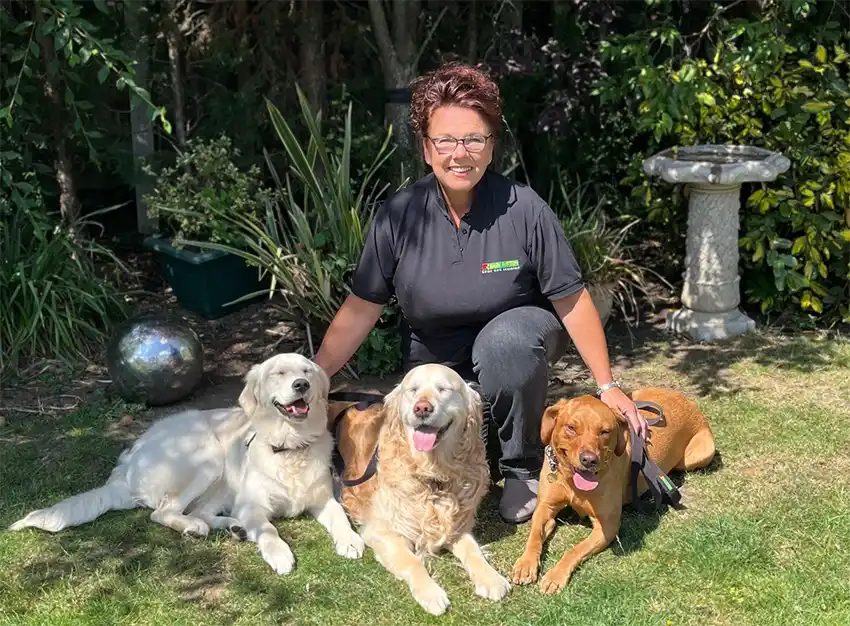The Ultimate Overview to Pet Dog Training: Transform Your Pet's Behavior
Reliable dog training is essential for promoting an unified connection in between pet dogs and their owners. This guide not only aims to outfit you with the required devices to change your pet's behavior but also invites you to explore how these foundational concepts can lead to a much deeper connection with your animal.
Understanding Pet Habits
Recognizing pet dog actions is necessary for reliable training and an unified connection in between pets and their proprietors. A dog's habits is affected by a combination of genes, setting, and experiences. Dog training. Identifying these factors enables proprietors to customize their training approaches to fulfill the specific demands of their family pets
Pets connect mostly through body language, vocalizations, and faces. A wagging tail can show enjoyment or happiness, while a tucked tail may indicate anxiety or entry. Observing these hints allows owners to react suitably, enhancing favorable habits and attending to negative ones successfully.
Furthermore, understanding the social framework of canines can give understandings into their habits. Dogs are pack pets, and they thrive in an organized setting. Developing clear borders and consistent rules can stop complication and advertise a complacency.
Additionally, recognizing the natural reactions of pet dogs, such as need to dig or go after, is vital. These instincts can be rerouted through suitable outlets, such as play or exercise. By adequately recognizing these behavioral elements, owners can promote a positive training experience, inevitably resulting in a obedient and well-adjusted canine companion.
Necessary Training Methods
Efficient pet training relies on a range of vital techniques that can dramatically improve the learning procedure for both the canine and the proprietor. One basic strategy is favorable support, which entails fulfilling desirable habits with treats, appreciation, or playtime. This approach encourages canines to repeat the habits that bring about favorable end results, fostering a trusting relationship between the animal and owner.
An additional secret strategy is uniformity in commands and assumptions. Making use of the same spoken cues and hand signals aids the dog recognize what is needed, reducing complication and advertising quicker learning. Additionally, establishing clear borders and guidelines is vital for effective communication.
Socializing is additionally an important component of training. Revealing pets to different environments, individuals, and various other animals helps them create appropriate social skills and lowers anxiousness in unknown situations.
Lastly, perseverance and timing are essential. Educating sessions ought to be brief yet regular, making sure that the canine remains involved and receptive. By employing these crucial methods, owners can produce a structured and favorable training experience that advertises great behavior and strengthens the bond with their canine companions.
Developing a Training Arrange
How can a well-structured training timetable enhance a pet dog's knowing experience? A training routine offers consistency, ensuring that dogs receive routine, concentrated direction. This predictability helps pets recognize what is anticipated of them, enhancing their learning and enabling better retention of commands and actions.
When creating a training timetable, it is necessary to take into consideration the pet's age, type, and individual personality. Young young puppies might benefit from much shorter, much more constant sessions, while grown-up pets might flourish with longer, much less frequent training periods. Including a range of activities can additionally keep the sessions engaging, preventing dullness and promoting interest for understanding.
Additionally, scheduling training sessions at details times of the day can help solidify a routine. For circumstances, combining training with daily walks or playtime can produce a positive association with discovering. It is additionally essential to include time for reinforcement, such as deals with or appreciation, to reward preferred behaviors immediately.
Finally, versatility is crucial. While uniformity is vital, being versatile to the canine's state of mind or energy level can enhance their knowing experience. A well-crafted training schedule eventually lays the structure for reliable interaction and a stronger bond between the canine and owner.
Typical Training Challenges
Despite having a well-structured training timetable, pet dog proprietors typically come across different obstacles during the training procedure. One usual problem is disparity in commands and signs. When numerous member of the family make use of different terms or tones, a pet dog might become overwhelmed, impeding its ability to discover successfully.
An additional frequent obstacle is distraction. Dog training. Pets are naturally curious animals, and exterior stimulations such as various other animals, sounds, or people can divert their focus throughout training sessions. This requires proprietors to produce a regulated atmosphere or progressively present interruptions to enhance focus
In addition, differing power levels can influence training Look At This results. High-energy canines might have a hard time to settle and concentrate, while a lot more laid-back types could need added inspiration to involve. Customizing the training technique to fit the individual pet dog's temperament is important for success.

Building a Strong Bond
A solid bond between a pet and its proprietor is crucial for effective training and overall health. Dog training. This partnership fosters trust, which is critical for efficient communication throughout the training process. When a pet dog really feels protected and linked to its proprietor, it is much more likely to react positively to hints and commands
To develop this bond, uniformity is crucial. Developing a routine that includes routine feeding, workout, and training sessions assists develop a sense of security. In addition, go positive support techniques, such as treats, appreciation, and play, reinforce desired habits while enhancing the psychological connection.
Socialization is one more vital element of bond-building. Revealing your dog to various environments, people, and various other pets assists them feel a lot more comfy and confident, enhancing the bond with their owner. Involving in activities together, such as walking, playing bring, or joining obedience training, promotes team effort and common satisfaction.
Verdict

Understanding pet dog habits is vital for effective training and a harmonious partnership between pets and their owners.Effective pet dog training relies on a range of essential methods that can dramatically enhance the learning process for both the owner and the canine.Regardless of having a well-structured training schedule, pet owners often come across numerous obstacles throughout the training process.In verdict, effective dog training depends on a thorough understanding of canine behavior, the application of crucial methods, and the facility of a structured training timetable. By stressing positive reinforcement and consistency, pet owners can substantially boost their pets' habits, eventually making sure a harmonious connection and promoting the well-being of both the pet and its environment.